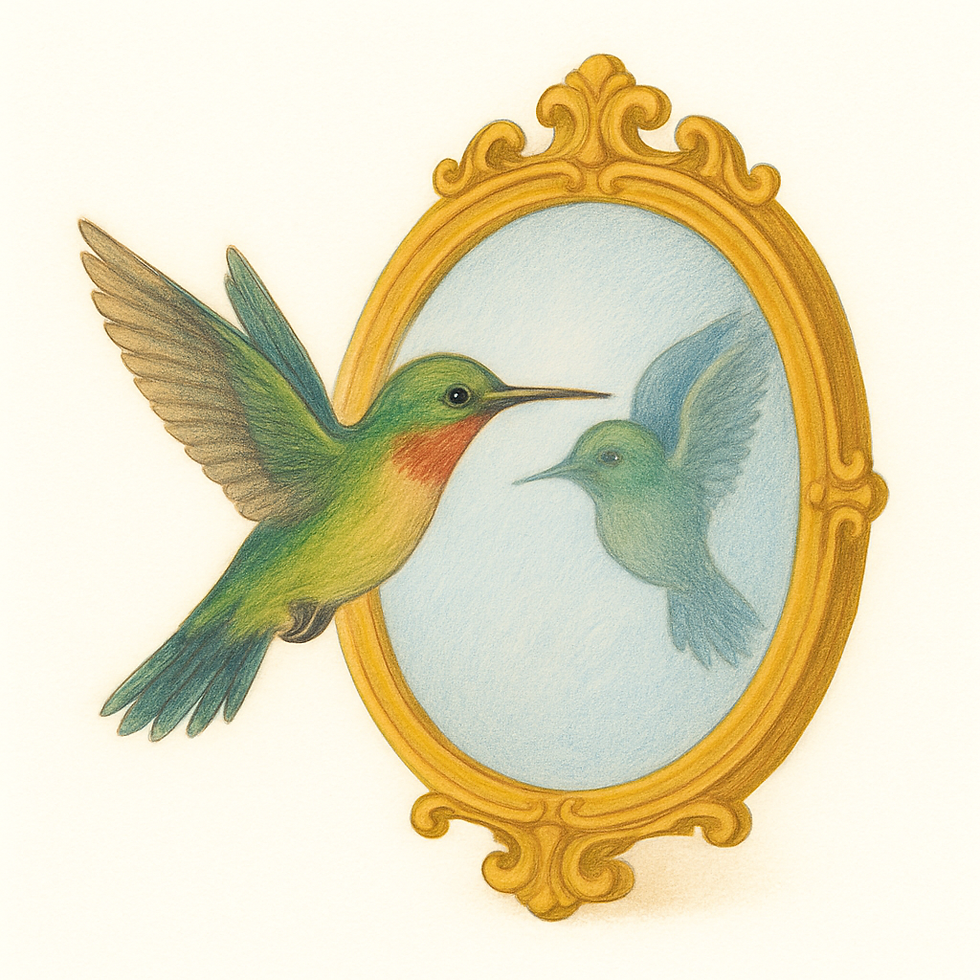Is it time to unbury what's holding you back?
- danielle25247
- May 28, 2025
- 3 min read

When I was a teenager and pregnant, I didn’t know how to name what I needed. I thought I needed a plan. A solution. A way to make it all go away. But looking back now, I know what I really needed was validation.
I needed someone to look me in the eyes and say,“This is a lot. And you’re allowed to feel overwhelmed. This doesn’t make you bad, it makes you human. You still matter. Even now. Especially now.”
But that’s not what I received.
Instead, I was met with silence, pressure, or the kind of well-meaning support that skipped right past my emotions. People wanted to fix it, hide it, or fast-forward through the discomfort. And so I learned to do the same.
As a child, my emotions and experiences were rarely mirrored back to me. I didn’t grow up with the kind of attunement that says, I see you. I hear you. You make sense. So by the time I faced a traumatic experience like an unplanned pregnancy, I was already conditioned to disconnect. To internalize. To go quiet.
Because I didn’t receive validation then, it created a domino effect. I started hiding my true feelings from others, then from myself, because I didn’t trust myself or my feelings. I buried the fear. I masked the grief. I smiled when I was supposed to, stayed quiet when I wasn’t sure how to speak, and convinced myself that maybe my pain wasn’t real or worthy of attention.
It was a recipe that set me up to please everyone around me while ignoring my own needs.
It took years to realize that the pain I pushed down didn’t disappear. It never does. It just settled deeper into my body, into my patterns, into the way I related to myself and others. What I could not yet face, my body held onto.
What I didn’t understand then, but am learning now, is that when we don’t receive the validation we need from others, we can begin to offer it to ourselves.
Self-validation is a practice. It sounds like:
I have every right to feel what I’m feeling.
My pain is real, even if others don’t see it.
I am allowed to grieve what I lost, even if I chose it.
I don’t have to justify my emotions to anyone.
This kind of inner acknowledgment is quiet but profound. It’s how we begin to heal the parts of us that were dismissed or ignored. It’s how we begin to trust our own voice again.
If you’re carrying something heavy - an experience that others didn’t understand, a version of yourself you were never allowed to fully be - I want to offer this:
You’re not alone. You’re not broken. And you don’t have to wait for someone else to say you matter. You can say it to yourself.
This moment, when I began to give myself what I always longed for, was how I began to connect with grace.
To me, giving ourselves love and kindness in the face of hardship or disappointment is exactly what grace looks like. It’s the very first step to healing.
If you learned to silence certain parts of yourself, or certain emotions, what would it feel like to let them have a voice now? We can offer ourselves a safe and loving place to be completely open, honest, authentic.
What part of you would be set free if you did that?
Here’s to giving ourselves what we need most.
Till next time,
Danielle




Comments